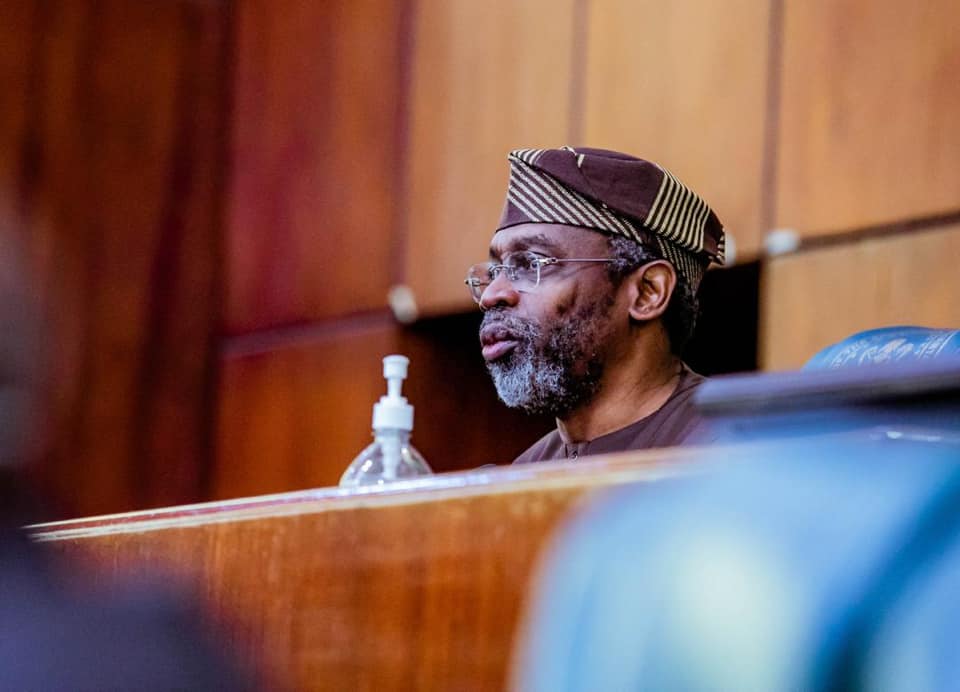The House of Representatives on Tuesday, February 23, 2021, passed for second reading a bill seeking to decentralize the Correctional Services in the country and allow states to build and control such centres alongside the federal government.
When passed into law, state governments will be empowered to build their own Correctional Centres as a way of decongesting the existing centres which are said to have been over stressed.
Leading the debate on the bill, its Sponsor, Hon. Benjamin Kalu said as presently constituted, prisons in Nigeria lack the capacity to reform errant members of the society sent there for correction.
According to him, “rather than being reformed and turning a new leaf, many offenders sent to the prisons turn out to become even more hardened.”
He added that “obsolete legislation, slow justice system and inadequate funding are prominent on the list of challenges bedeviling the Nigerian prisons to reform locked-up inmates.”
He argued that the new Nigerian Correctional Service Act which repealed and replaced the Prisons reflects the need to reform system, adding that “beyond the name change, the law has many provisions, which are laudable and cheering.
“For instance, as a direct response to the overcrowded prisons, the law, in its Section 12(8), empowers the State Controller of Correctional Service to reject the intake of additional inmates where the facility under his watch is filled to capacity.
He argued that the problem of prison congestion in the country is huge, saying “for instance, the March 2019 edition of the Lagos State Criminal Information System revealed that though the five prisons in Lagos State have a combined holding capacity of 4,087, they were holding 9,044 inmates.
Kalu said that the 240 prisons in Nigeria has an official capacity of 50,153 inmates but currently holding over 74,000 inmates, adding that “overcrowding of prisons is a serious challenge and obstacle to the implementation of the Standard Minimum Rules for the Treatment of Prisoners adopted by the United Nations in 2015.
“Considering the Covid Protocols, especially of social distancing, one wonders how it would be applied in the correctional centres in view of the overcrowding it is currently experiencing.
He said the way forward was for more prisons to be built; stressing that achieving total reform of the reformatory institutions in the country would never be possible except the nations takes a deliberate and bold step towards building more reformatory centres.
This he said can only be achieved by encouraging federating units to be part of the establishment and running of correctional facilities in their respective domains, adding that once this is done, the federating units can cater for many of the inmates in prisons and correctional centres who committed or have been alleged to commit state offences and that of course will lessen the burden of the Federal Government.
Contributing to the debate on the bill, Hon. Yusuf Adamu Gagdi said the management of the prisons in the country by the federal government has not been quite effective, hence the need to decentralize and respect the rights of prisoners.
Hon. Ahmed Jaha in his contribution said that in other climes, convicts are sent to prison based on the magnitude offence they commit, adding that there was the need to allow states establish and manage such centres.
But Hon. Nkem Abonta opposed the bill saying states may abuse the process if they are allowed to build and control prisons.
Source: The Nation







